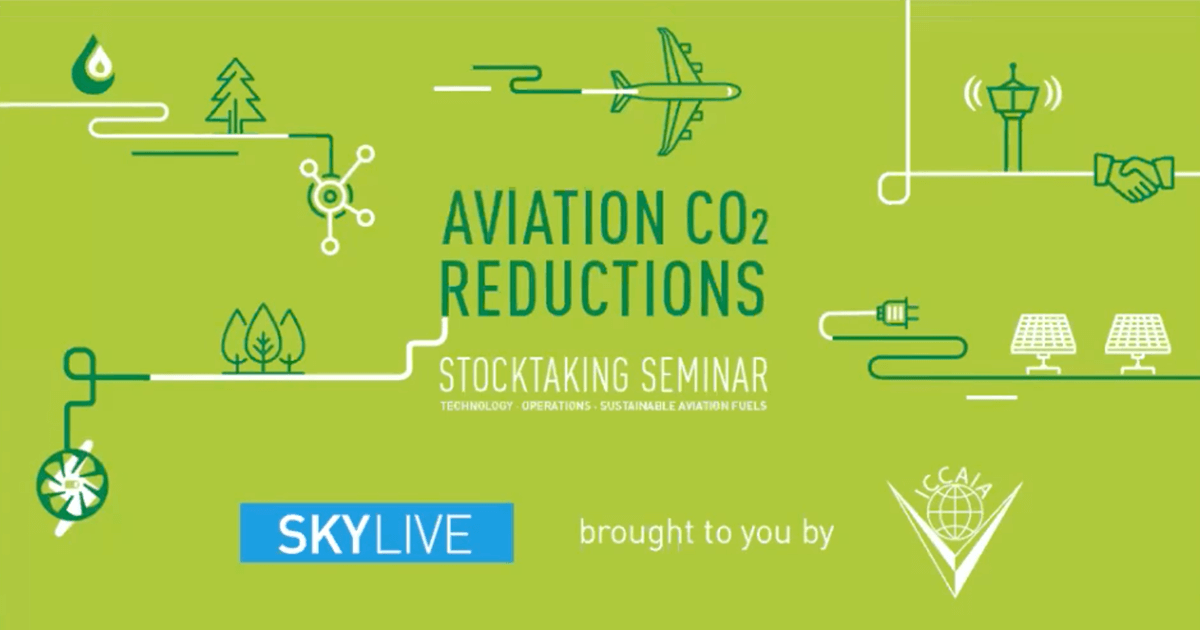
Sept. 11, 2020
International Business Aviation Council (IBAC) Director General Kurt Edwards highlighted the industry’s ongoing efforts to increase use of sustainable aviation fuels (SAF) in a presentation during the ICAO Stocktaking Seminar, a four-day virtual event to examine solutions to reduce current and future CO2 aviation emissions.
In the Sept. 11 discussion, titled “Boosting Innovation and Implementation,” Edwards emphasized business aviation’s resolve toward expanding availability of SAF around the globe, adding the industry codified use of such fuels to more than a decade ago to reduce its carbon footprint, as part of the Business Aviation Commitment on Climate Change.
“With that in mind, we saw basically two issues that we needed to address,” Edwards said. “The first being the need to inform this very diverse and diffuse [business aviation] community about SAF and also to encourage its production and its uptake.”
Edwards noted extensive work by IBAC, NBAA and other members of the SAF Coalition in meeting those challenges, including the recent publication of the revised SAF guide, “Fueling the Future,” detailing the fuel’s benefits and the steps needed to drive increased usage.
Industry stakeholders have also repeatedly joined together to promote and incentivize SAF use at the local, regional and national levels, through events in Southern California and Las Vegas, NV; Farnborough, UK; and, earlier this year, in Zurich ahead of the World Economic Forum.
“And, next week, we’re going to have the first-ever summit focused on business aviation and sustainable aviation fuel,” he continued, referencing the upcoming Virtual 2020 Business Aviation Sustainability Summit taking place Sept. 14-15 from 10:30 am – 1 pm EDT. “We encourage you to join us.”
Responding to an audience question regarding current lack of widespread SAF availability, Edwards acknowledged that “it’s going to be a heavy lift” to attain broader distribution and access to the fuels. “But we’ve got to try,” he continued. “We’ve set that goal and let’s aspire to it and work toward it… there’s a genuine desire to get this fuel out there.”
Edwards also noted efforts are underway to develop methods by which business aircraft operators could purchase SAF for use by other aviation operations located closer to the fuel’s source, thus reducing logistical and distribution challenges, and then applying that credit toward their own emissions reductions programs.
“At the end, the most important thing is decarbonization [and] it doesn’t matter where is happening,” agreed panel moderator Jane Hupe, ICAO’s deputy director for the environment and secretary of its Committee on Aviation Environmental Protection. “But the best solution is that we have SAF available everywhere. That’s our main goal here.”


 International Business Aviation Council Ltd.
International Business Aviation Council Ltd.